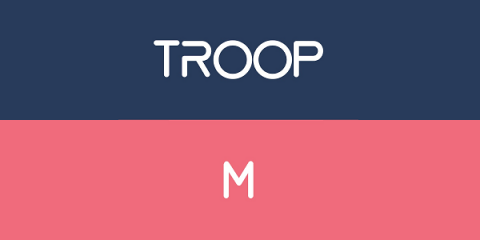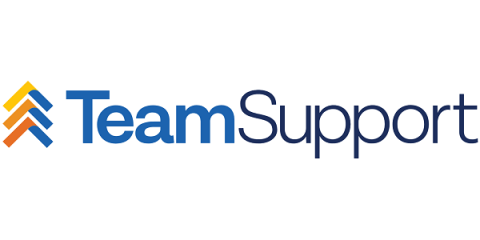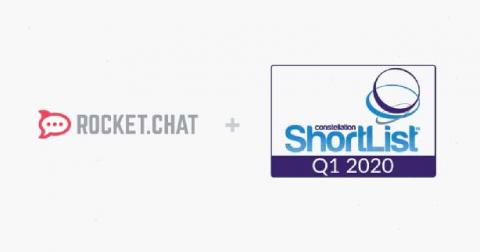Get paid to write open source software working from home
Open source companies are amazing places to work for engineers. Your work is showcased to the world through private open source companies like GitLab and HashiCorp (makers of Terraform and Vault), and through public ones like Elastic, GitHub, and RedHat—all of which have enormous impact.











